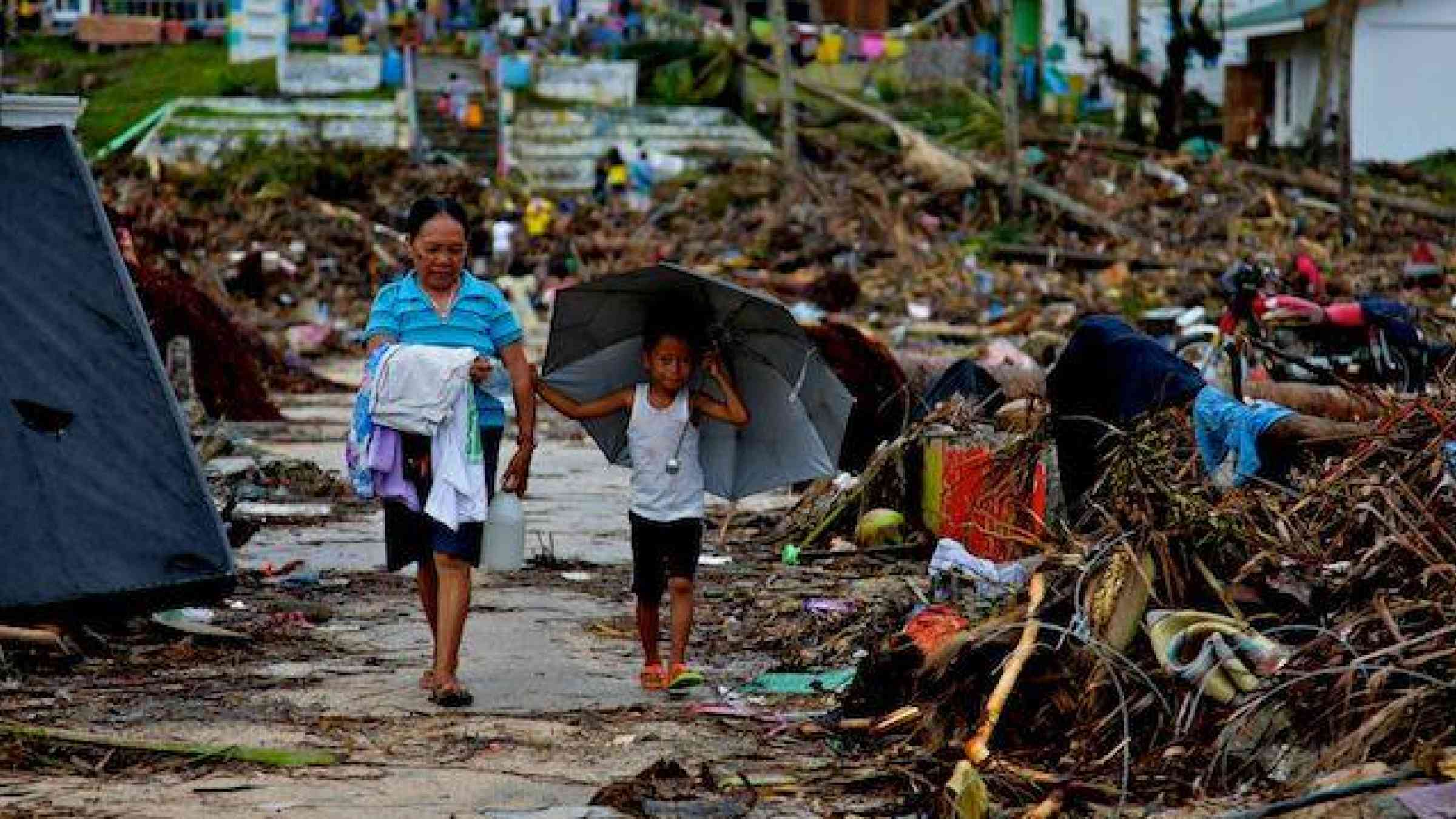WRC5 Technical Session: Responding to Recovery Challenges in the Urban Environment
Watch this session on-demand
Cities can present unique challenges for disaster recovery. Rapid urbanization has led to unplanned growth, overcrowding, poor housing conditions, poor connectivity, and vulnerable locations. Cities have borne the brunt of the COVID-19 pandemic and revealed the extent of vulnerability in urban areas. Past urban disasters have also shown that addressing the exposure and vulnerability of infrastructure systems, services and the built environment continue to be critical recovery issues in urban environments.
The session will provide insights into the recovery challenges in an urban environment pre and post disaster including from COVID-19. It will show innovative solutions to prevent cities from being locked in unsustainable development pathways, creating new risks and further being exposed to future risks. It will also discuss approaches and strategies in long-term recovery that foster resilience, environmental sustainability and socio-economic well-being of populations in urban areas.
Session objectives
- Assess to what extent preparedness for recovery and building back better are implemented in the urban setting;
- Demonstrate emerging partnership models among local government, the private sector, civil society, academia, scientific and research institutions to strengthen disaster and climate risk reduction actions in cities;
- Recognize the adjustments required in urban planning and local governance especially in recovery given the systemic nature of risk, and experiences (including cascading and indirect impacts) of the COVID-19 pandemic; and
- Define priority actions to harness the transformative potential of the pandemic recovery and achieve multiple Sustainable Development Goals
Moderator
- Mr. Steven Goldfinch, Disaster Risk Management Specialist, Asian Development Bank (ADB)
Panelists
- Ms. Kazuko Kori, Mayor, Sendai City, Japan
- Mr. Patta Tope, Professor and former Head of Central Sulawesi Province Development Planning Agency, Indonesia
- Ms. Ares Gabás Masip, Head, Urban Resilience Department, Barcelona City Council
- Ms. Elizabeth Riley, Executive Director, Caribbean Disaster and Emergency Management Agency (CDEMA)
- Mr. Arne Janssen, Urban Environment Specialist, Cities Alliance
- Ms. Saini Yang, Professor, Beijing Normal University, China
Learn more
Where do we stand
Many urban areas are becoming hotspots of disasters due to population growth, increasing and unplanned urbanization, environmental challenges including climate change, biodiversity loss and pollution, and other anthropogenic pressures. Since asset concentration and resource utilization are higher in cities, the disruption of critical infrastructure and essential services after a disaster can cripple the functioning of society and derail prospects for achieving the Sustainable Development Goals.
The Intergovernmental Panel on Climate Change indicates that the key global climate change-related risks are concentrated in urban areas. Climate change is expected to exacerbate urban risks due to exposure to hazards, socio-economic vulnerabilities, and poor governance, among others. However, cities have the unique ability to respond to disasters, climate changes and environmental stresses at a local, more tangible level with dynamism, scale, stronger linkages and partnerships, and a greater sense of urgency among citizens and local authorities. From this perspective, the co-benefits of climate mitigation and adaptation actions are largest in cities, including increasing preparedness for recovery.
Emergency response and the international humanitarian community are not prepared to deal with urban emergencies. Urban areas need a holistic approach to resilient recovery and reconstruction. Sectoral responses are not enough in a system of systems setting as are cities.
The critical role of population size, density and urban form has been highlighted in the COVID-19 recovery. Recognizing the city as a system of systems, cities are also now rethinking how to better address interdependencies, cascading, compounding and systemic risks, urban-rural connectivity, and transdisciplinary and multi-scale governance, among others, in an integrated manner. The biggest opportunity for urban areas from the pandemic is to build back better with the planned fiscal stimulus as the seeds of transformation toward resilient, green, more inclusive, equitable, and sustainable recovery.
Session guiding questions
- To what extent are cities building back better in recovery from disasters? What are the main setbacks and opportunities?
- How has systems thinking been effectively applied to recovery in urban settings?
- How many of the recovery decisions are data and evidence driven? What's the role of quality information in recovery decision making?
- How can cities adapt to the changing risk environment and recover better from COVID-19 and future disasters?
- What are some recent and emerging innovations at the local level that can be scaled up in other contexts?
- How are cities leveraging urban planning and policy to build back better, more sustainable and resilient communities?

Agenda
Location
BICC Ground Floor
Online access
Participation
Open to those registered for the conferenceInterpretation
EN, FR, ESDetails
Contact
Yuki Matsuoka matsuoka@un.org, Paul Rosenberg paulelliott.rosenberg@un.org